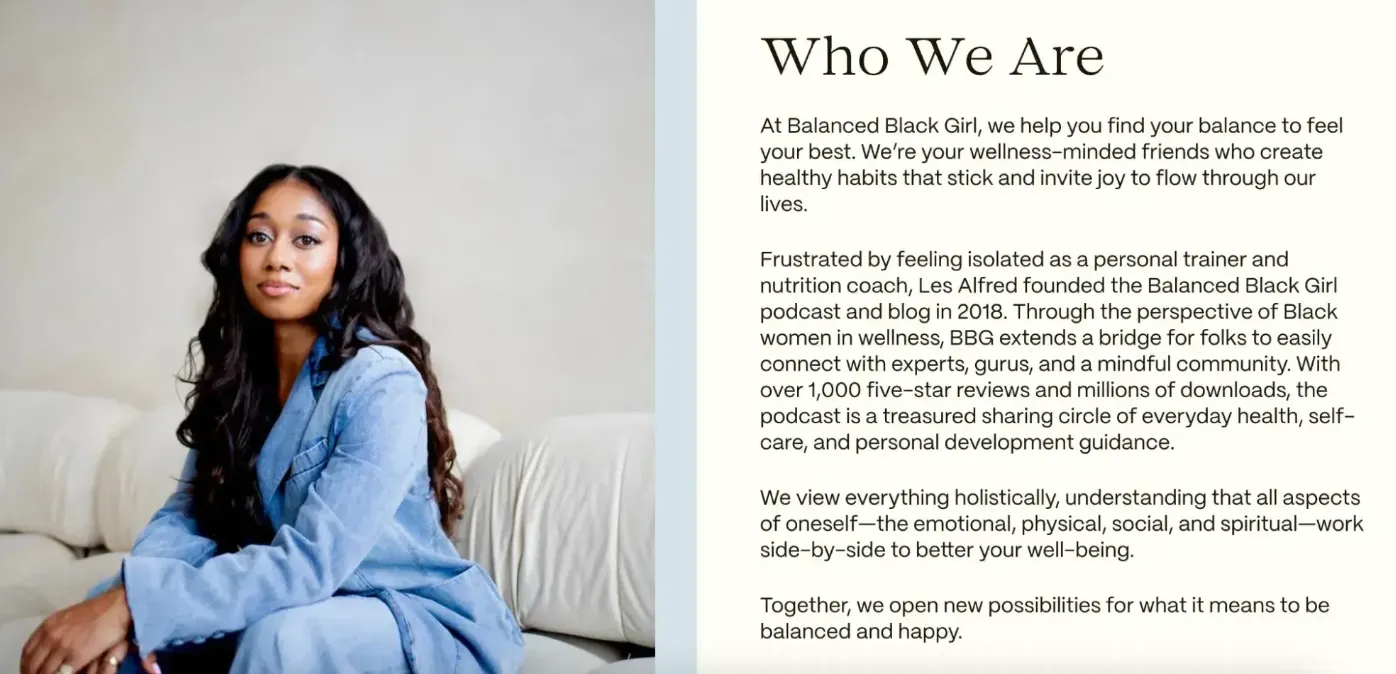
When it comes to work, there is much more to your bio than just describing your work life. it serves as a useful way to connect, show off your expertise, and allow new doors to open up. No matter if your bio is shown on your LinkedIn page, company website, on the program of a conference, or as your email signature, a professional bio can change the way people in your industry or potential employers, clients, and partners perceive you. It needs to be short, interesting, and show what you know and the benefits you can add. Having a bio that highlights who you are and what you do can stand out in the market and attract positive connections. To learn more about the nuances of professional branding, you can read more in specialized guides.
Contents
Know Your Goal and Audience
Decide on the main goal of your profile and the individuals who will read it, before you do any writing. If you’ve recently applied for a new role, are you trying to get recruiter’s attention? Connect with potential clients? Work to be seen as a leader in the field of banking? Meet and talk to others during a conference? Your responses to these questions will dictate the content, the tone you use, and the main themes in your bio. While a recruiter wants to know your skills and achievements, a conference program would prefer to see your presentation topics and distinctive ideas. It is important to consider your audience so that you can use language and information that is more interesting and helpful for them. When making a bio for a company page, it should fit with the company’s image, but for personal professional pages, there is more room to get creative. Knowing your goal and who you want to reach makes your bio match up with your overall career intent.
Start with a Strong Hook
You need to attract the reader’s attention quickly, since you only have a short moment. Begin your professional bio with a clear sentence or phrase that right away lets people know what you’re all about and what makes you stand out. Instead of choosing an unspecific title, choose a title that shows your area of talent or what you do well. A more interesting way to open is saying “John Doe works on growth strategies for expanding SaaS businesses,” or “Sarah Lee focuses on keeping critical infrastructure safe from cyber attacks.” As soon as they understand who you are and what you offer, they are eager to keep reading. The hook should strongly announce why the audience should read your resume.
Highlight Key Expertise and Achievements
Your bio as a professional should highlight what you are capable of and your achievements in the industry. Talk about the areas you know best and includesi nformation such as specific projects you have worked on or visible achievements. It’s better to say “Additional revenue from sales was 25% in under a year” than to use the generic term “responsible for sales growth.” Example skills and projects you’ve overseen can make the difference in your cover letter. When possible, use verbs that make your characters stand out. However, you should not go overboard and list out all your duties from your resume. Pick the strongest and best fitting details that go with the main goals of the bio and its targeted readers. Here, you should show that you have the skills and can benefit the company in some way.
You Might Include Personal Information and Experiences
While your bio is about your career, you may want to include a personal fact or two to connect better with your audience. While you shouldn’t write about your life story, including a reference to a passion or different point of view can help you stand out and look more friendly. If your job is in environmental policy, you can show your commitment by disclosing your passion for hiking and saving nature. Talking about participating in open-source projects while you are not working demonstrates your strong work ethic. Including a little touch that speaks to what you are interested in can foster connections with similar people and can improve your bio’s quality as long as it is appropriate and helps, not hinders, your professional image.
Conclusion
Having a professional bio can help further your career potential. Clearly explaining what you want to achieve and who you want to help, starting with a forceful opening, presenting your main experience and accomplishments with examples, and adding some personal elements, helps you make a bio that lets others know your worth and leads you to new opportunities. Keep your bio up-to-date as your job history and skills advance. Building a strong bio in professional settings is an investment for your future and helps leave a lasting and remarkable impression.